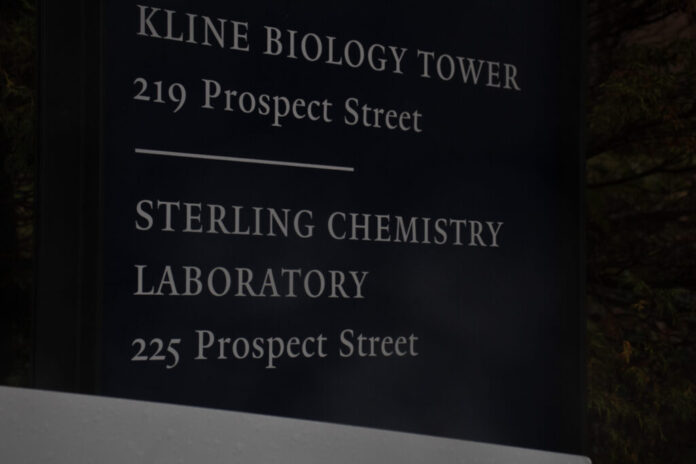“Yale’s $12.6 Million Green Chemistry Initiative with UNIDO Enters Year Two”
The Yale Center for Green Chemistry and Green Engineering is embarking on the second year of its ambitious six-year, $12.6-million partnership with the United Nations Industrial Development Organization (UNIDO). This collaborative effort, known as the Global Greenchem Innovation and Network Programme, is dedicated to advancing green chemistry initiatives in the Global South and engaging professionals from various fields to promote sustainable innovation.
Professor Paul Anastas, the director of the center and a pioneer in the field of green chemistry, emphasized the importance of harnessing the creative potential of chemistry while minimizing its negative impact on human health and the environment. Anastas, who also works with the School of Public Health and the School of the Environment, leads interdisciplinary research efforts at the center.
One of the center’s key projects involves repurposing wood industry byproducts to create compounds used in cosmetics, personal care products, and cleaners. Additionally, the center is exploring green nanotechnology, which involves engineering microscopic particles to address water pollution rather than contribute to it.
Karolina Mellor, the director of the Global Greenchem Innovation and Network Programme, highlighted the valuable partnership with UNIDO and its network of National Cleaner Production Centers (NCPCs) in various countries. Currently, the initiative is active in six countries—Jordan, Indonesia, Peru, Ukraine, Serbia, and Uganda—offering sustainable alternatives to harmful pollutants like persistent organic pollutants, mercury, and microplastics.
These pollutants, which can accumulate in the environment over time, pose serious health risks, including reproductive, developmental, and hormonal effects. By collaborating with UNIDO and local partners, the center aims to mitigate the impact of these pollutants and promote environmentally friendly practices in the Global South.
In addition to its research and policy work, the center has also supported the creation of innovative companies. One notable example is P2 Science, a company founded by Anastas and Yale alum Patrick Foley ENG ’12, which specializes in converting plant-based compounds into ingredients for flavors and fragrances.
Despite the center’s impactful work, Anastas acknowledged the challenges posed by the current political climate, particularly with regards to environmental regulations. He emphasized the importance of government funding for research and innovation to drive progress towards cleaner, more sustainable systems.
Looking ahead, Yale will collaborate with the Nobel Foundation to host a symposium on chemistry for sustainability in May, furthering the conversation on green chemistry and its role in addressing global environmental challenges. The ongoing efforts of the Yale Center for Green Chemistry and Green Engineering underscore the critical importance of sustainable practices and innovation in combating climate change and promoting a healthier planet for future generations.
